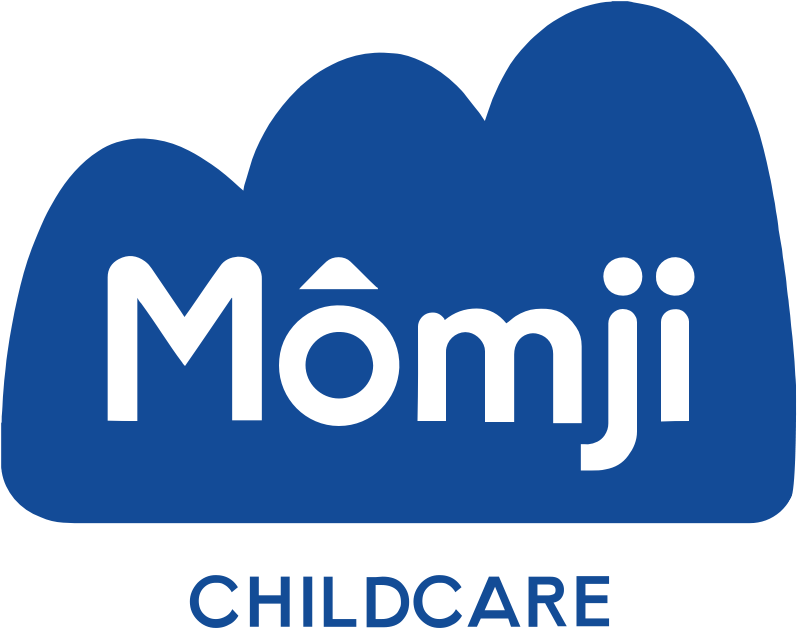Maria Kihlstedt, psycholinguist and lecturer at the University Paris-X, answers this question in the magazine Human Sciences: bilingualism is it an asset?
... Increasing mobility of people, mixed marriages and the political will to introduce an earlier living language into schools - and two living languages before entry into sixth grade according to the recommendation of the European Commission - make that many children today are confronted very early with several languages.
Despite this societal evolution, bilingualism continues to generate as much fears as enthusiasm. "Better to learn French before you start learning another language", "if the child mixes his two languages, it is better for him to use only one" ..., as many affirmations that still resist the many denials made by research. These misconceptions about the alleged harmfulness of bilingualism seem to be particularly hard in some countries where monolingualism has long been the model. We forget that monolingualism is the exception: According to UNESCO, two thirds of the world's population speak more than one language every day ...
One language does not settle at the expense of the other
... We now know that childish bilingualism is not the addition of both languages in the child's brain. Before 7 years old, it is the language as a faculty, more than this or that language, that the child discovers and constructs as he discovered walking. Discovering the world through one, two or even three windows does not fundamentally affect one's linguistic development. A delay in one of the languages may temporarily occur, but it will be quickly overtaken if there is continuity and maintenance of use in both languages. The child then takes on the task of separating these two languages and using them in harmony with his environment ...
Less expected benefits
... Recent studies show a better ability to filter distractions, in other words concentration, associated with bilingualism. In the same way, creative thinking and conceptual mobility are more pronounced due to a solicitation mode different from working memory. early exposure to several languages facilitates the subsequent acquisition of other languages, and its positive spin-offs in mathematics have been repeatedly shown: these are explained by early stimulation to several languages of the Broca area, which operates the synthesis of symbolic chains not only linguistic but also mathematical.
Is there no problem with being bilingual early? It seems in any case that the benefits outweigh ...




